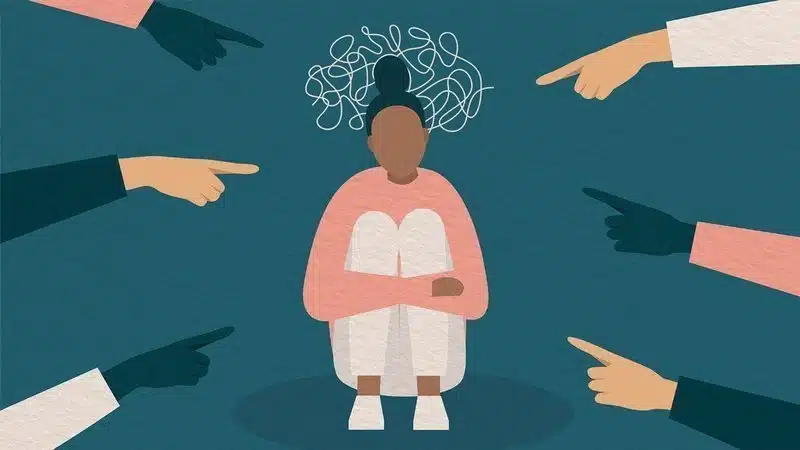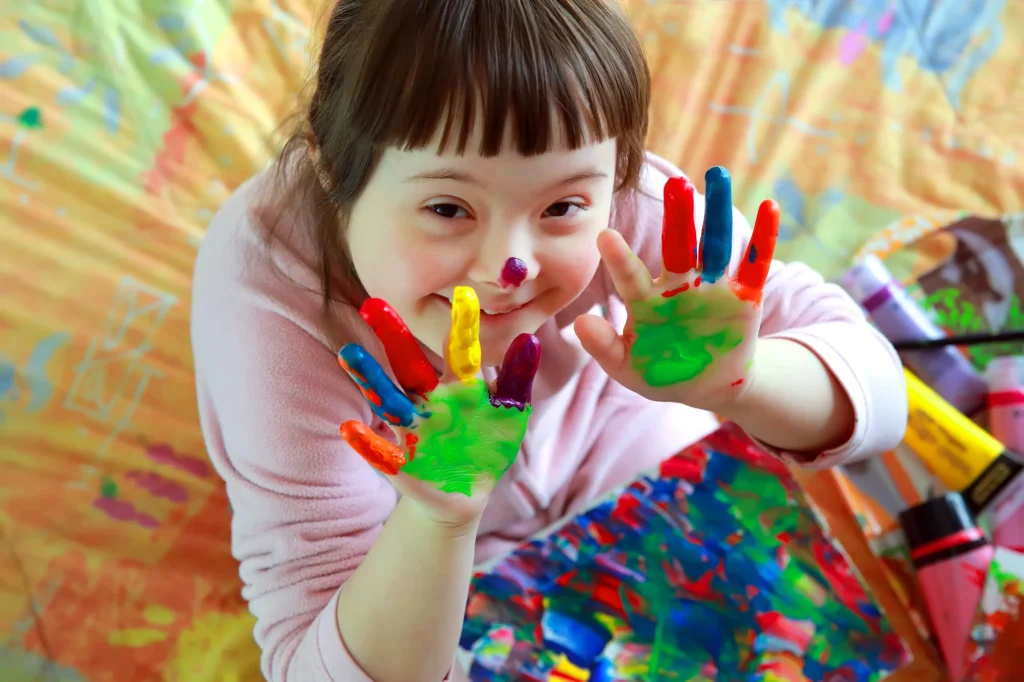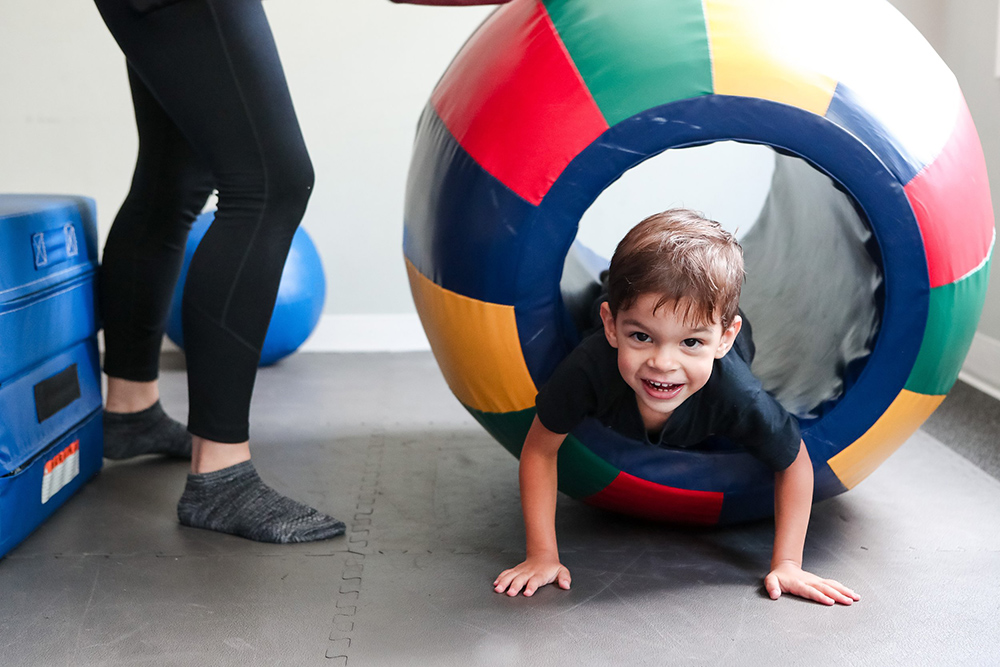For many, social interaction is a refreshing and exciting part of life, yet for some, it is a source of overwhelming anxiety and distress. This intense fear of social situations is more common than you might think and it has a name – Social Anxiety Disorder. So, what is social anxiety disorder? It is aa mental health condition where individuals fear being watched, judged, or embarrassed in social situations. It’s important to remember that you are not alone if you are living with social anxiety, and there are effective coping mechanisms available to manage it.
Catherine Madigan’s Story: Treating “Hidden” Social Anxiety
In an article from the Australian Psychology Society, Catherine mentions that “Social anxiety disorder left untreated may have profound implications for an individual’s life. I became interested in treating social anxiety at the beginning of my career when I encountered a young adult with schizophrenia who was unemployed, socially isolated and living at home with their parents. His previous case manager assumed that all the problems were due to schizophrenia, which was well-medicated. However, having gotten acquainted with this person, I realised that it was actually social anxiety that was ruining his life!.”
Amy’s Story: Consumed by Anxiety
When Amy was 16 she was diagnosed with endometriosis. Amy experienced chronic pain and underwent four separate surgeries throughout high-school. Along with the physical pain, she started to feel isolated and alone. Even after graduating, Amy’s social anxiety remained. It wasn’t the experience she had hoped for. Amy barely left her room, hardly ate and was so overwhelmed that she spent most of her time crying. “Every situation I was in, I felt like I had to know how I could get out of it…. I couldn’t know how others were going to behave or think and that was too much for me”, she says.
“You wouldn’t worry so much about what others think of you if you realized how seldom they do.” — Eleanor Roosevelt
Through Cognitive Behavioural Therapy (CBT), Amy was able to work towards feeling comfortable in social settings. “It wasn’t easy – at times it was really confronting. The strategies took practice and I definitely didn’t get better overnight, but it was worth the effort. I never imagined my life could look like it does now and I’m so proud of the hard work I did to get here”. Amy adds, “Engaging in and committing to my therapy was key”. These days, Amy adopts a preventative approach to looking after her mental health, making sure to look out for her warning signs. She credits the support from her therapist, partner, family and friends, as well as good exercise and diet, as the foundations of her well-being.

Coping Mechanisms: Tools for Life
Effective coping mechanisms are paramount to managing social anxiety. At EDUCARE, we believe in empowering our clients with these tools to regain control over their lives.
○Cognitive Behavioural Therapy (CBT)
A well-established, highly effective, and lasting treatment, CBT focuses on identifying, understanding, and changing thinking and behaviour patterns.
“Today I escaped anxiety. Or no, I discarded it, because it was within me, in my own perceptions — not outside.” — Marcus Aurelius, Roman Emperor & Stoic Philosopher
○Mindful Techniques
These techniques help bring your focus to the present moment without judgement. This promotes relaxation and allows you to respond with purpose to social situations, rather than reacting impulsively.
○Exposure Therapy
Gradually and repeatedly facing feared social situations, while managing your anxiety response, can help desensitise you to them, reducing your anxiety over time.
○Diet and Exercise
Regular physical activity and a balanced diet can help reduce symptoms of social anxiety by boosting your mood and acting as natural stress relievers.
The journey of overcoming social anxiety isn’t one that you have to walk alone. EDUCARE, an NDIS registered and accredited provider based in the Hunter region, New South Wales, is committed to providing individualised care and comprehensive mental health services.
We hope this blog has given you a glimpse into what social anxiety can look like, and how to go about the steps to manage it. It’s time to take back control, seek help, and look forward to a future where social anxiety doesn’t dictate your life.
FAQs
What is social anxiety?
Social anxiety is a mental health condition where individuals fear being watched, judged, or embarrassed in social situations.
How does social anxiety manifest?
Symptoms can range from intense fear and avoidance of social situations to physical symptoms like a rapid heart rate, nausea, and excessive sweating.
Can social anxiety be managed?
Yes, with the help of professionals and effective coping strategies like Cognitive Behavioural Therapy (CBT), mindfulness techniques, exposure therapy, diet, and exercise, social anxiety can be effectively managed.
What is Cognitive Behavioural Therapy (CBT)?
CBT is a treatment focused on changing thinking and behaviour patterns. It’s highly effective for managing social anxiety.
What role does mindfulness play in managing social anxiety?
Mindfulness techniques help individuals to focus on the present moment without judgement, promoting relaxation and a healthier response to social situations.
What is exposure therapy?
Exposure therapy involves gradually and repeatedly facing feared social situations to reduce anxiety over time.
How can diet and exercise help manage social anxiety?
Regular physical activity and a balanced diet can help reduce symptoms of social anxiety by boosting mood and acting as natural stress relievers.
What kind of support does EDUCARE offer for social anxiety?
EDUCARE offers a comprehensive approach to managing social anxiety, incorporating treatments like CBT, mindfulness techniques, exposure therapy, and advice on diet and exercise.
Find the support you need at EDUCARE. Schedule a consultation with our team today and let’s start your journey to better mental health together.




